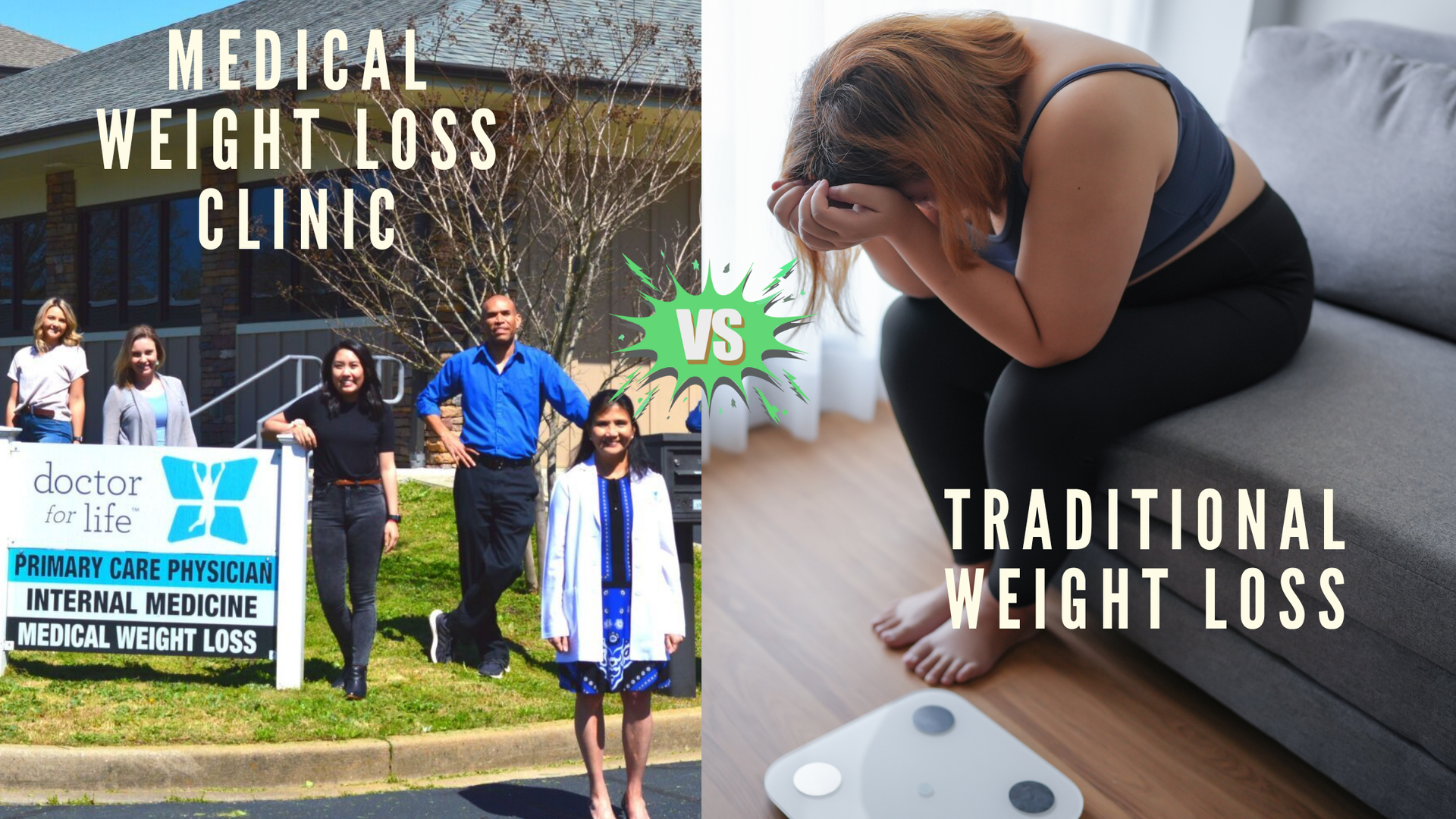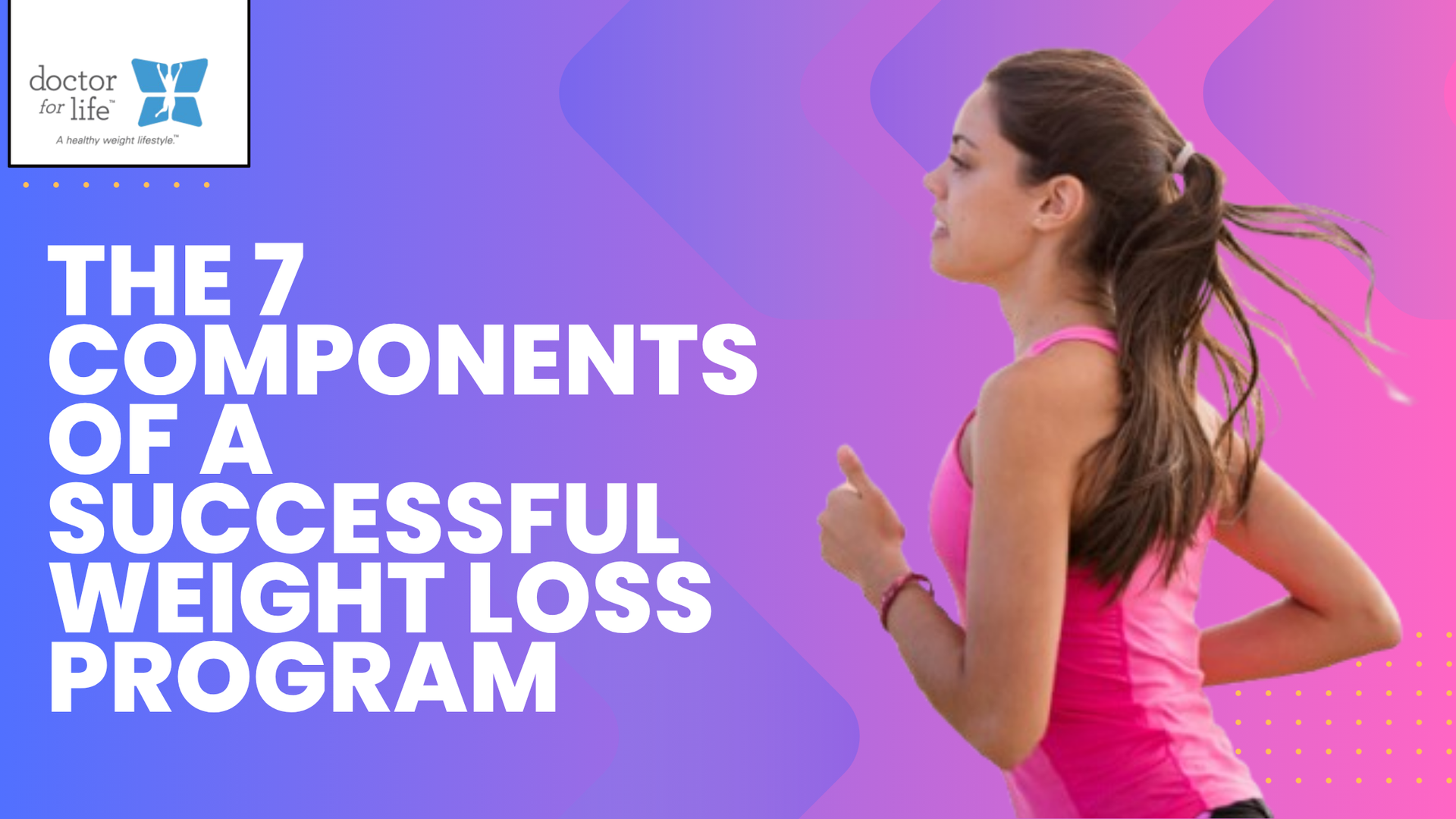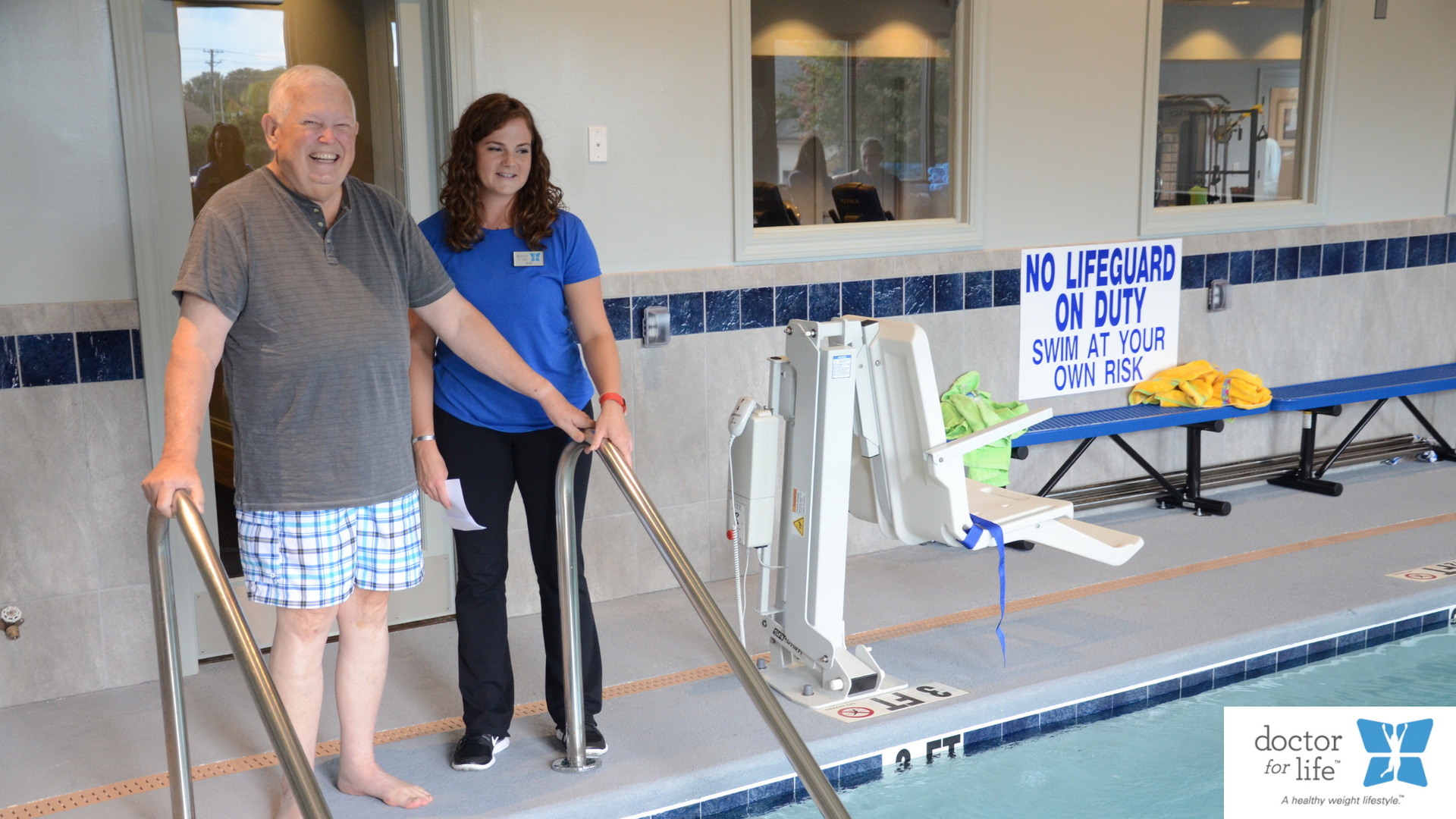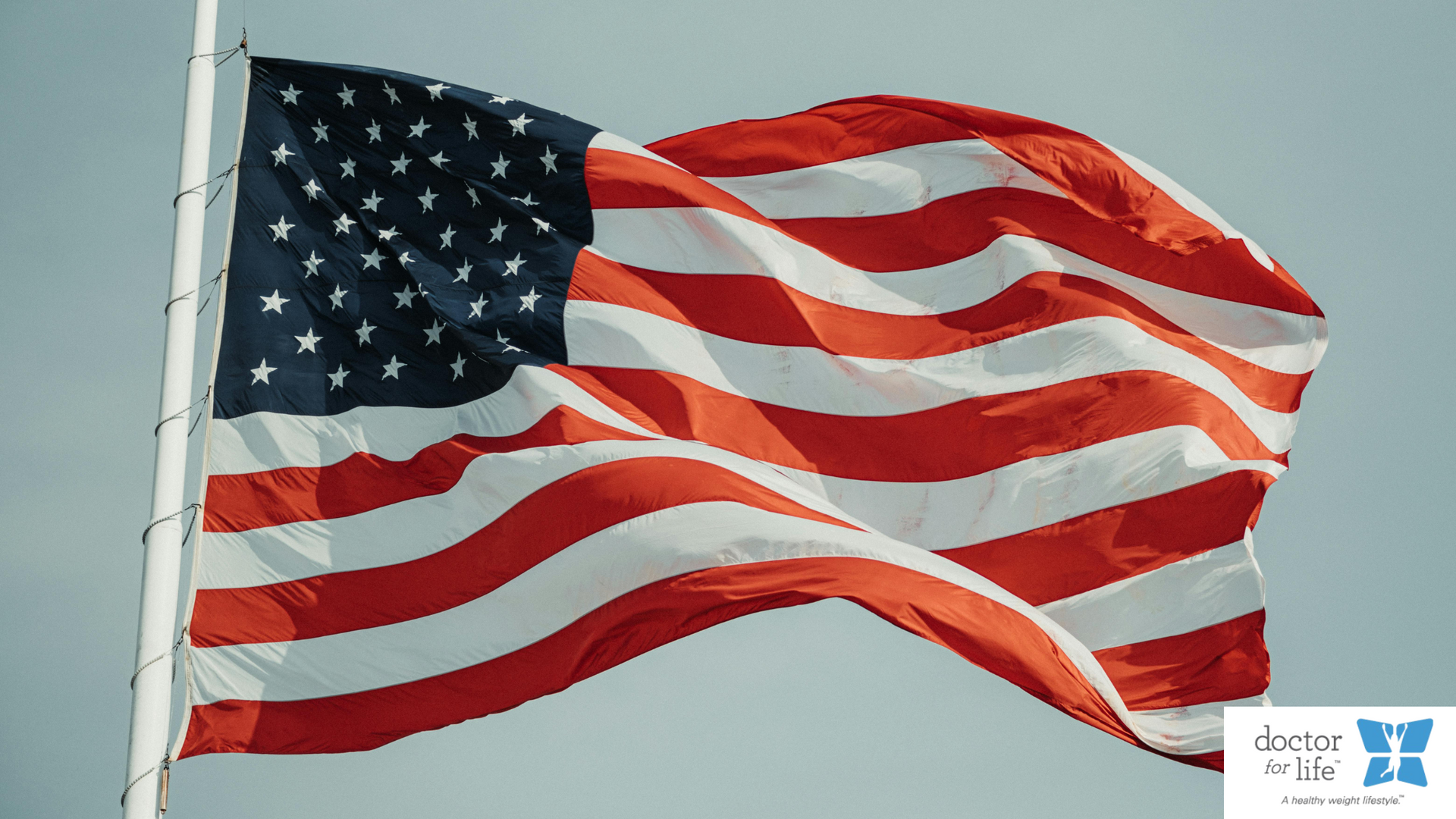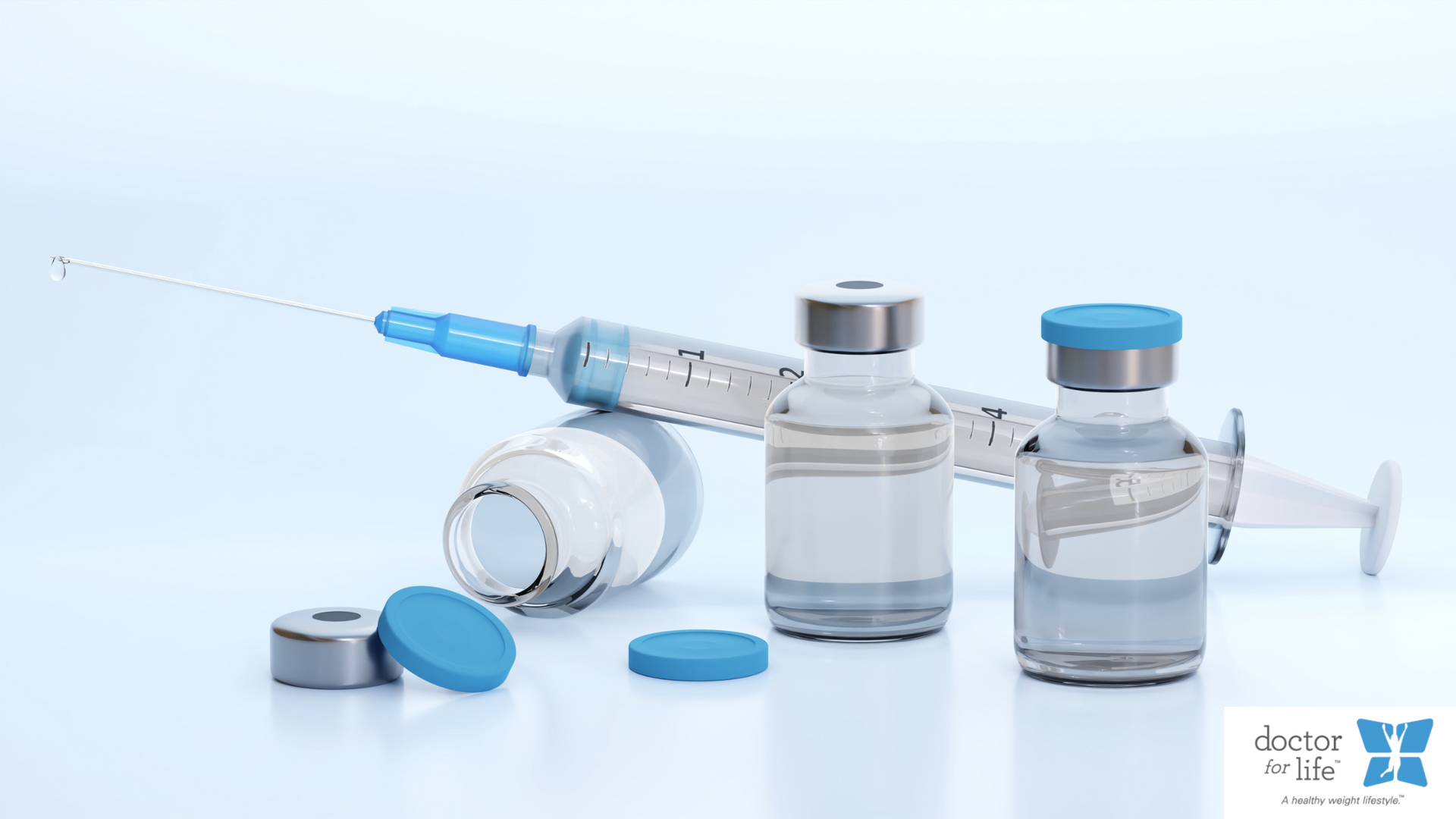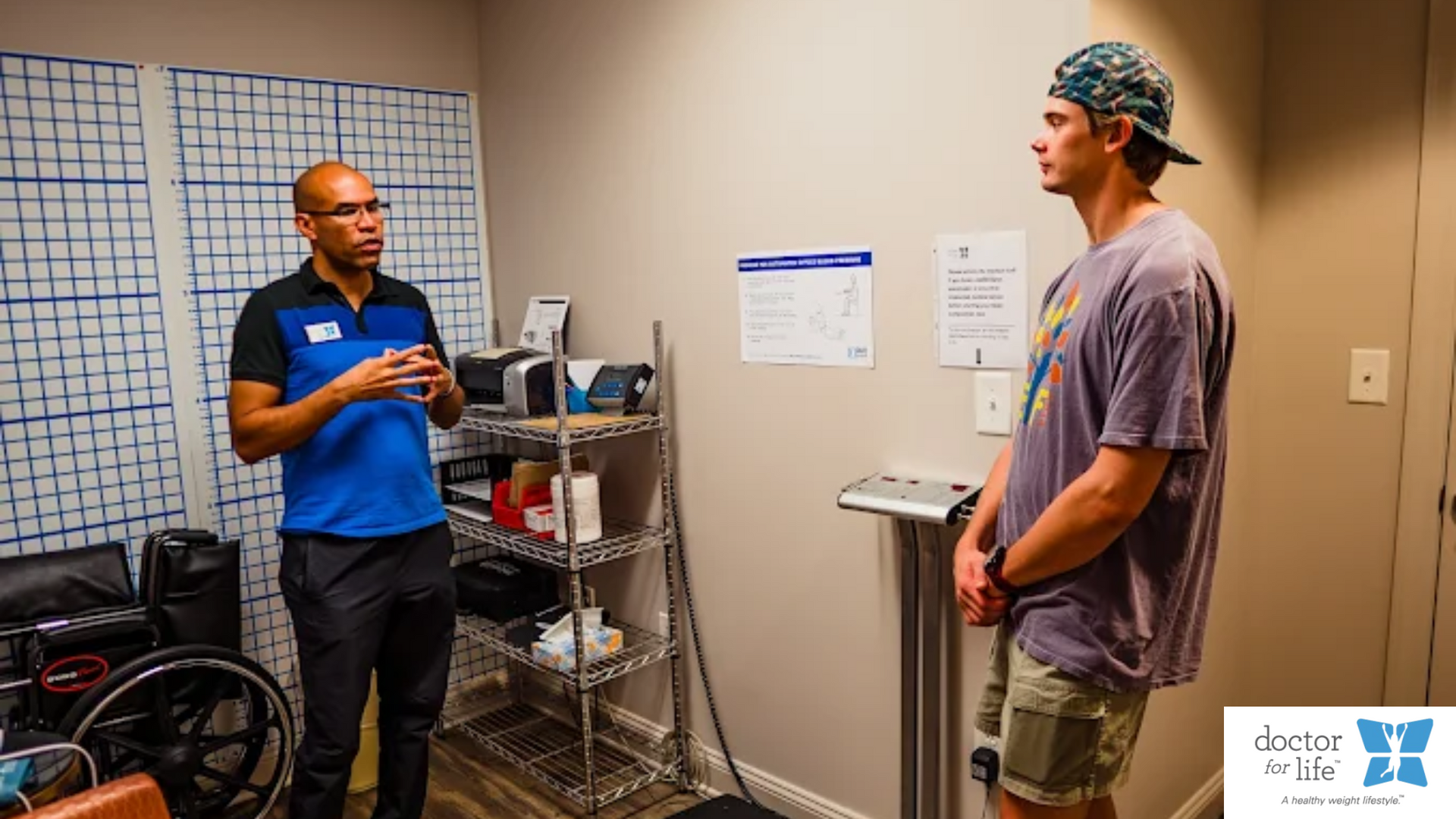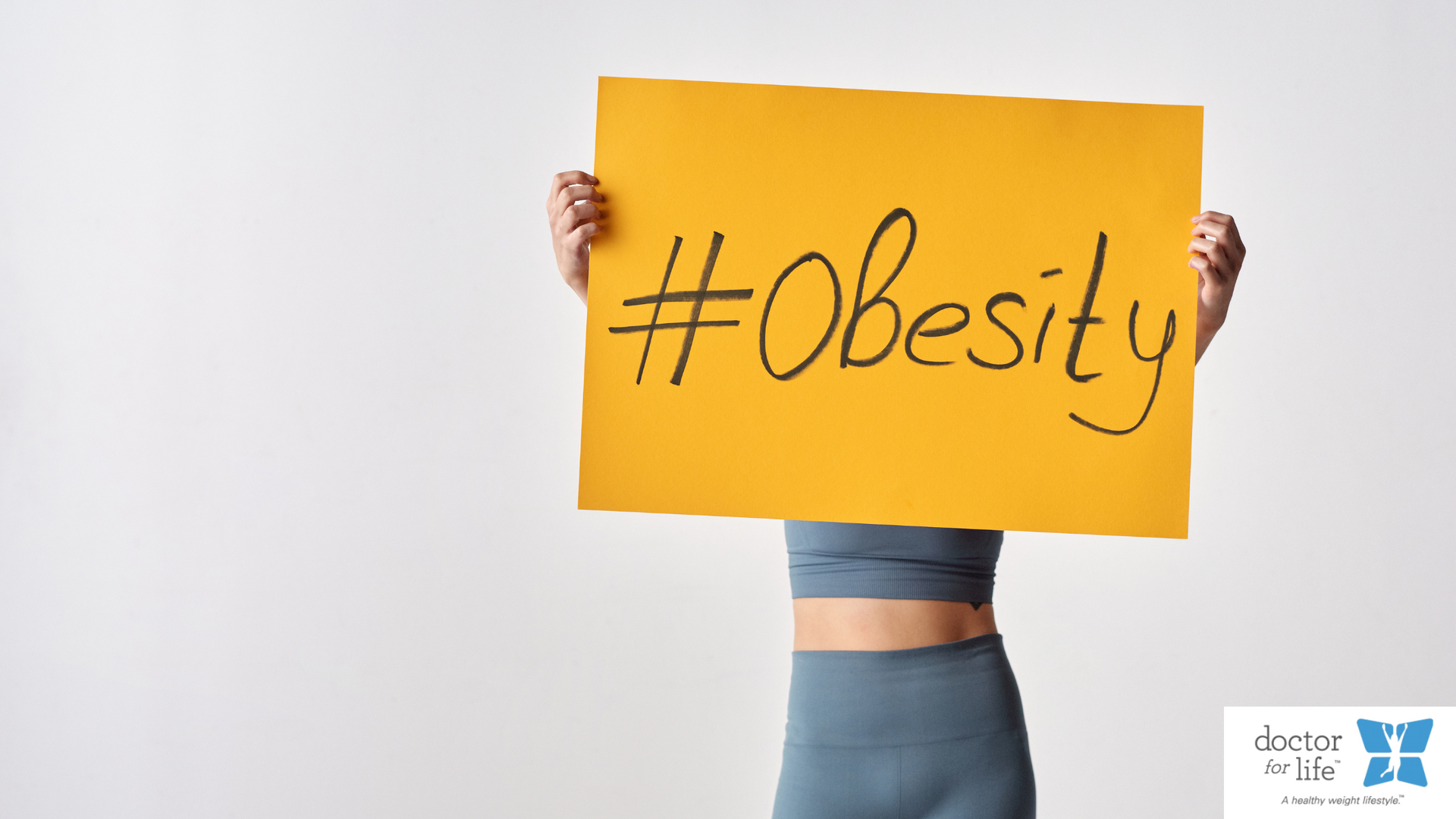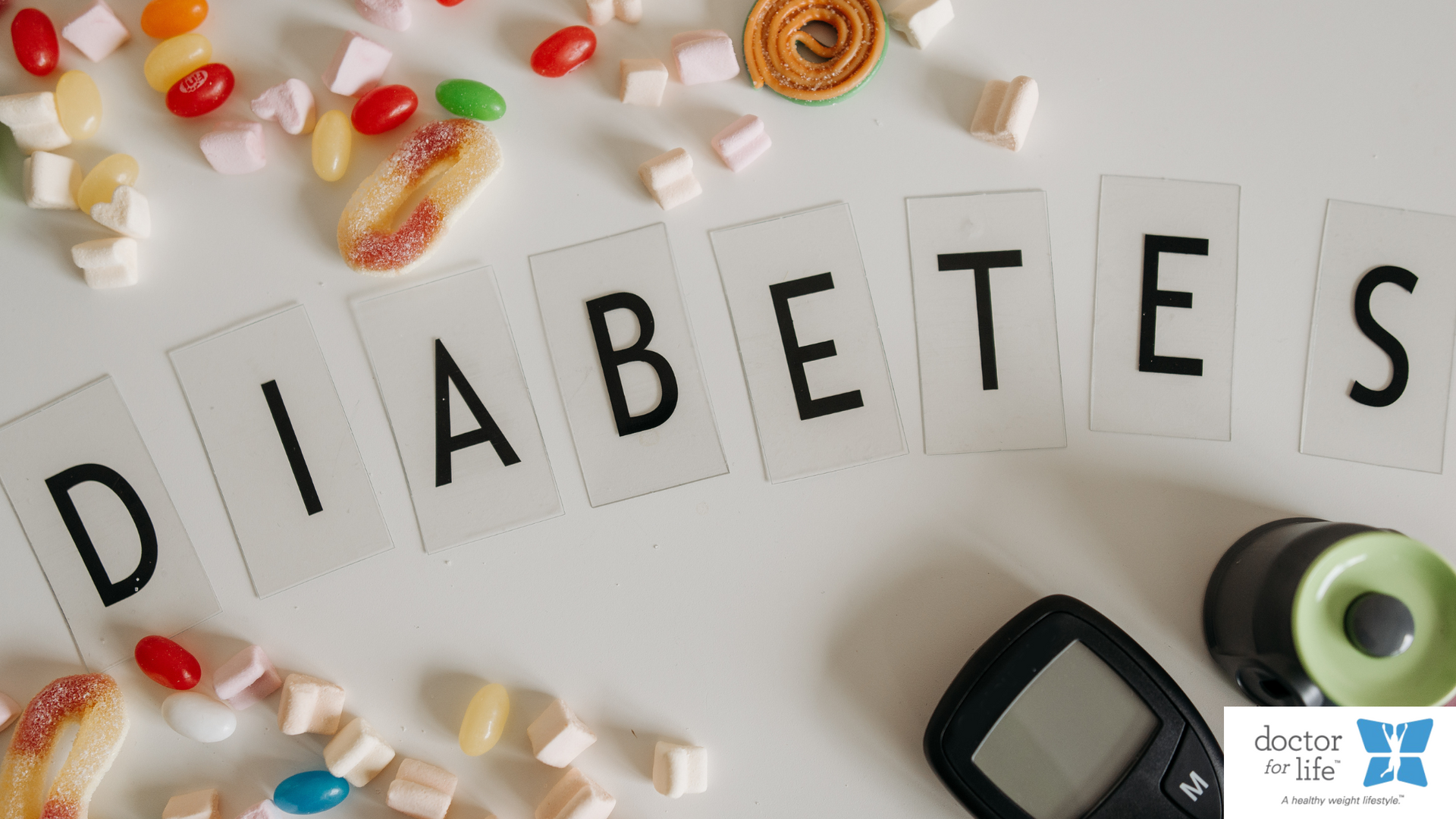You DON'T ALWAYS Have To Eat!
Daniel Andras, RDN • July 27, 2020
How should we be eating?

Human beings (some? most? typically Americans / Westernized countries?) have the incorrect idea that one must eat three meals a day in order to survive & be healthy.
Again, some / most people, typically Americans, have been fed the (again, incorrect) idea, that to "speed up one's metabolism," 5 - 6 small meals a day must be eaten. To clear the air, there is no real scientific proof / evidence from research studies, that one must eat 5 - 6 meals a day. To a certain SMALL extent, eating more might in a short-term period, speed up one's metabolism only a small amount, to lead to the burning of more calories, but in the long run, it will most likely lead to consumption of excess calories. When a person eats 5 - 6 "small" (this is very subjective as to what is considered "small") meals a day, the body compensates by revving up metabolism in order to help the body maintain its homeostasis. In other words, it's doing so in an effort to prevent weight gain, or maintain what science is discovering more about: the body's set weight point. The body wants to stay at the weight it has been at for a while. If more calories are consumed over a longer period of time (i.e., holidays, birthday parties, celebrations, etc.), of course the body weight will naturally, & most likely, increase.
One must also consider the type of food one is eating when embarking on the "5-6 meals a day in order to increase metabolism, i.e., lose weight."
Some people typically tend to grab carbohydrate-rich foods (rice crackers, peanut butter, snack-y foods, "protein bars" (which are really full of carbohydrates, artificial sweeteners - yes, I've checked the ingredients of a few common ones that clients have brought in), etc.), low-fat foods (often filled with fillers, sweeteners), & so forth, not realizing that these types of foods actually trigger an insulin response / release from the pancreas. What does this do? Well, basically when insulin is released, it signals the body to store energy & to stop burning energy / fat stores. That doesn't exactly sound like the body is set up to lose weight, does it? Just do a precursory investigation on insulin + energy storage + weight gain on Google to affirm that this is likely true. Now, on the other hand, if snacky foods such as eggs, avocados, low-carb vegetables like cucumbers, broccoli, spinach, (& plenty more options), SMALL amounts of cheese, olives, low-carb nuts, sugar-free beef jerky, pork rinds (yes, even pork rinds!), etc., are targeted (beware!: not all in the same meal / snack), these types of foods are least likely to trigger an insulin response. Protein and/or fat are the two MACROnutrients least likely to signal the pancreas to release insulin (protein might to a small extent, based on some scientific research).
What's all this mean, or lead to, bottom line?
Going back to the title of the blog post... 5 - 6 meals a day does not necessarily guarantee weight loss / increasing metabolism... to burn energy that has been stored in order to lose some weight is dependent on the type of MACROnutrient that is consumed... and furthermore, instead of 5 - 6 meals a day, or even 3 meals a day, 2... or even 1! meal a day might be sufficient to help reduce the waist line (as well as other blood biomarkers, e.g., blood sugar, HbA1c, insulin resistance, triglyceride levels, etc.). Reducing meals from 5 - 6... 3... to 2... or even 1, is known as intermittent fasting, because if only 1 meal is consumed throughout the day, that means that the other remaining hours, a person is not eating! This allows less insulin to course through the blood (again, keep in mind what is being consumed). If protein and fat is consumed for that one meal (for example, a filet of wild-caught salmon with a side of buttered Brussels sprouts & a side of cauliflower mash (YUM!)... or a nice, juicy 4-oz steak with garlic-roasted broccoli & olive oil-drizzled, feta-sprinkled spinach/kale/lettuce salad, with a glass of fresh lemon juice-infused sparkling water), your body / pancreas will love you for it! The remaining hours will be spent by the body utilizing what you just consumed, without a (significant) spike in blood sugar levels, & the meal composition (protein + fat, VERY minimal carbohydrate) will trigger the body to begin burning more & more fat (because carbohydrates are not available, & glycogen stores will be depleted over time, if this type of meal composition is consumed).
Besides, don't fear fasting / intermittent fasting! Fasting has been employed by many cultures / people / healers, etc., in the past several hundred / thousands of years! Give the body a break every once in a while. YOU. WILL. NOT. DIE.
Much more could be said, but if more reading / information is desired, a link with great information can be found here:

